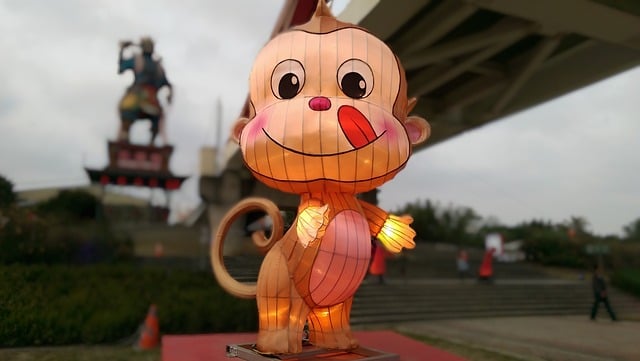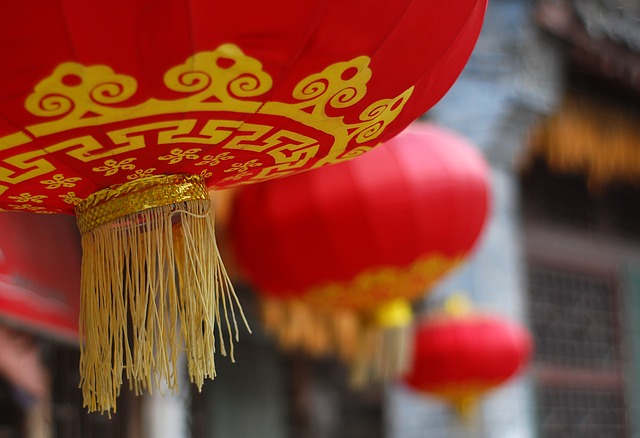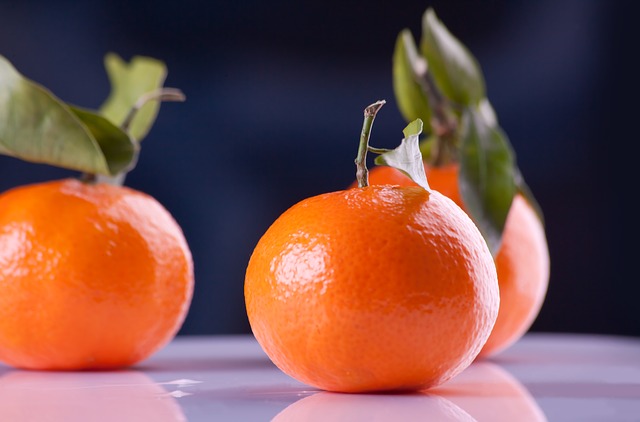Gong Xi Fa Cai: Happy Chinese New Year 2016!
And just like that, Chinese New Year 2016 has already come and gone, but what did you miss?
Let’s start out here: Chinese New Year is one of the most important festivals in countries where there is Chinese influence or large Chinese populations, and it shows. If you live in Taiwan, China, Singapore, or any other number of Chinese culture influenced nations, come early February this year, you probably saw decorations up for weeks prior to. What does it take to celebrate Chinese New Year though exactly? Let’s take a look at some of the key things you should know about this captivating holiday.
1. 2016 is the Year of the Monkey
Yes, that’s right, our primate friends are the ones being celebrated this year and the monkey is the 9th on the twelve year cycle of animals which make up the Chinese zodiac. According to ancient astrology, if you were born in the year of the monkey you are intelligent, optimistic, and sociable. Of course at the same time the Chinese believe you can be egotistical and reckless, so take it all with a grain of salt! The year of the dragon (celebrated last in 2012) is considered the luckiest of all the animals and many people will plan to have babies in this year because it’s particularly auspicious (sorry all you monkeys).

Image via Pixabay
2. New Year’s Eve Dinner
The New Year’s Eve dinner is the most important part of Chinese New Year as it marks a chance to get together with family – especially family coming from abroad. It’s traditional to have the dinner at home and a variety of dishes make up this important meal. However, dumplings are by far the most important and consumed in huge quantities. It is claimed that dumplings resemble yuanbao (a type of money used in ancient times) and therefore eating them will bring prosperity and wealth in the coming year.
Trying your hand at learning Chinese? Check out our free Chinese placement test to see how your level measures up!
3. Cleaning and Decorating
A few days before the New Year, people start cleaning and decorating their homes. Dust is associated with the “old” and therefore must be removed from every single nook and cranny! After, people deck out their homes with a variety of decorations, but the primary color will always be red. Red is an auspicious color in Chinese culture and can be found in many aspects of the society, including weddings. For this reason, decorations and gifts tend to be red during Chinese New Year.

Image via Pixabay
4. Red Envelopes
Speaking of red, you probably saw quite a few red envelopes being passed around during Chinese New Year. Money is placed in these envelopes and considered lucky money which will bring health and long life to whomever receives them. Generally, red envelopes are given out by married couples or the elderly to children, but if it didn’t happen this year, don’t be surprised if you receive an envelope or two from a boss or a colleague. If you’re a teacher working overseas, you will probably receive lucky money from some of the parents of your students. No need to give an envelope back, just graciously accept it and wish them a Happy New Year!
5. Tangerines and Oranges
One of my personal favourite things about Chinese New Year is that I start seeing tangerine trees popping up all over the place. Tangerines and oranges are both very auspicious symbols of Chinese New Year. In Chinese, tangerine sounds similar to the word luck and orange similar to wealth, hence their important status in Chinese culture. Their colour also brings to mind the color gold which represents wealth. It’s for this reason that a lot of homes and shops put these fruits on display: they believe it will bring good fortune in the next year. Tangerines and oranges are also common gifts you bring when visiting someone during the New Year. Gifting them a tangerine or two means you are wishing prosperity upon them!

Image via Pixabay
Chinese New Year is indeed a colourful and exciting holiday. This year, you saw plenty of fireworks, dragon dances, and other fun activities during the New Year and if you didn’t this year, you shouldn’t hesitate to take part in any or all of the traditions next year! A good way to avoid a cultural faux pas is by reading up on what the traditions and cultural norms are, so be sure to look over our list once more for next year! Above all, of course, have fun and enjoy this fascinating experience. And be sure to share in the comments section what some of your favourite aspects of Chinese New Year were. Gong xi fa cai! (Happy New Year!)
